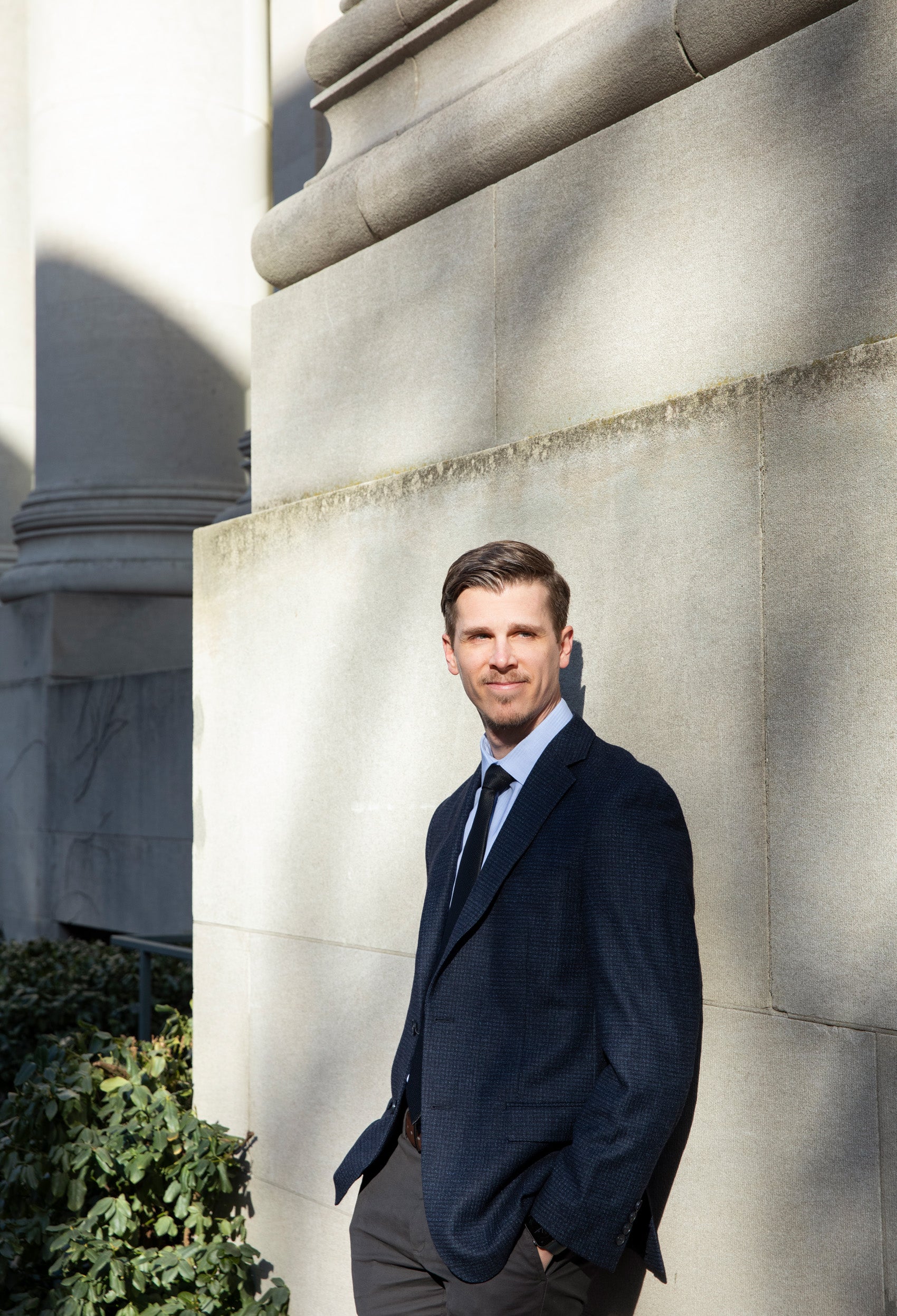Harvard Law School’s Religious Freedom Clinic, launched in the fall of 2020, complements the school’s four programs on law and religion and gives students direct insight into the ways the Constitution and laws more generally protect religious freedom. Students in this new clinic have had no shortage of meaningful cases.
In one, students represented a Muslim member of the U.S. armed forces who sought a religious exemption from a prohibition on growing a beard. In another, they represented a Messianic Jewish inmate who was denied kosher food. A third centered on a woman whose hiring was contingent on her signing a state-mandated loyalty oath that contradicted her beliefs as a Jehovah’s Witness.
The range of cases that students take on is a testament to the important and sometimes unexpected ways the principles of religious freedom intersect with the law, says Josh McDaniel, the clinic’s director and visiting assistant clinical professor of law. “Religious liberty is at the center of so much that is going on in the Supreme Court and in society,” he says. “It’s also an issue that offers a lot of learning opportunities for students. They can grapple with complex areas of law with a lot of countervailing interests that are at stake and clients who come from a diverse group of backgrounds and experiences.”
At the same time, through these cases, students learn to interview and counsel clients, develop effective case theories, and write and advocate for the people they represent. “Our goal,” McDaniel says, “is to give students tools and hands-on experience that will be fully transferable to their future legal practice, whatever form that might take.”
Though the clinic is still in its early days, it’s already having an impact. For example, the students representing an inmate in an Oklahoma prison whose kosher diet had been revoked participated in a successful mediation with the state of Oklahoma. “We were able to broker a settlement that will result in policy changes for religious diets in prisons on a statewide basis in Oklahoma,” says McDaniel.
And while he says direct client work is central to the clinic’s portfolio, students also tackle a variety of other projects, including work on amicus briefs. This past semester, for instance, they filed three such briefs with the Supreme Court of the United States.
One was in Ramirez v. Collier, a case about whether a spiritual adviser could audibly pray for and touch an inmate in the execution chamber. As part of their work on the case, students Tyler Dobbs ’22 and Kyle Eiswald ’23 dug into the history of the roles played by ministers who were present during executions in the 17th and 18th centuries. (The ministers gave sermons, hugged the condemned, and even held their hands up until the final moments of the execution.) “[Their research] was discussed in the oral argument in the Supreme Court, which was a great experience for the students,” says McDaniel.
McDaniel hopes that the clinic will help students understand the deeper issues about law and religion — the core principles that often unite more than they divide. “A lot of religious liberty [cases] are really about somebody seeking a simple accommodation in the workplace, or a prisoner seeking the ability to practice their religion while being incarcerated,” he says. “And these are cases that everyone — right, left, and center — can rally around.”
